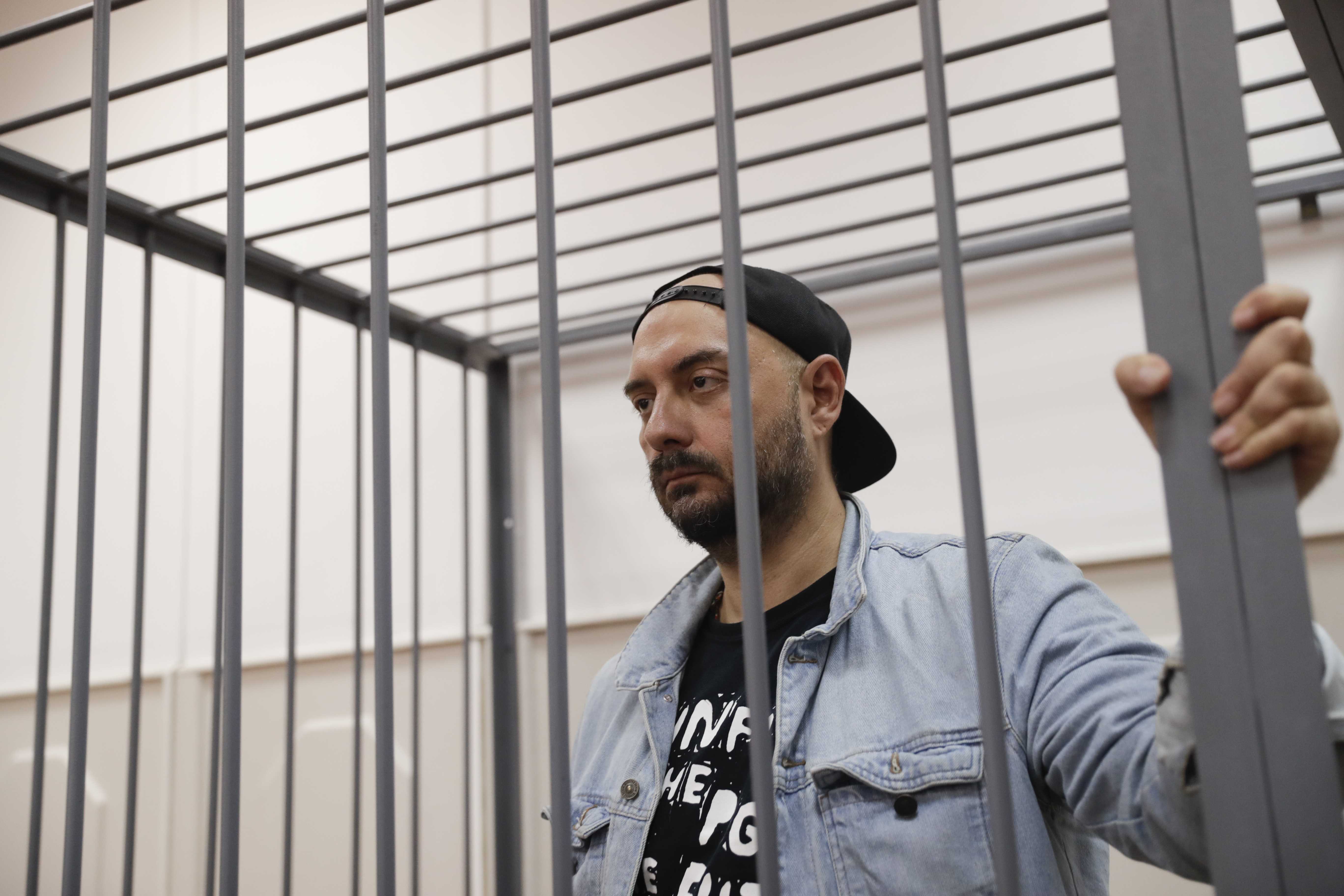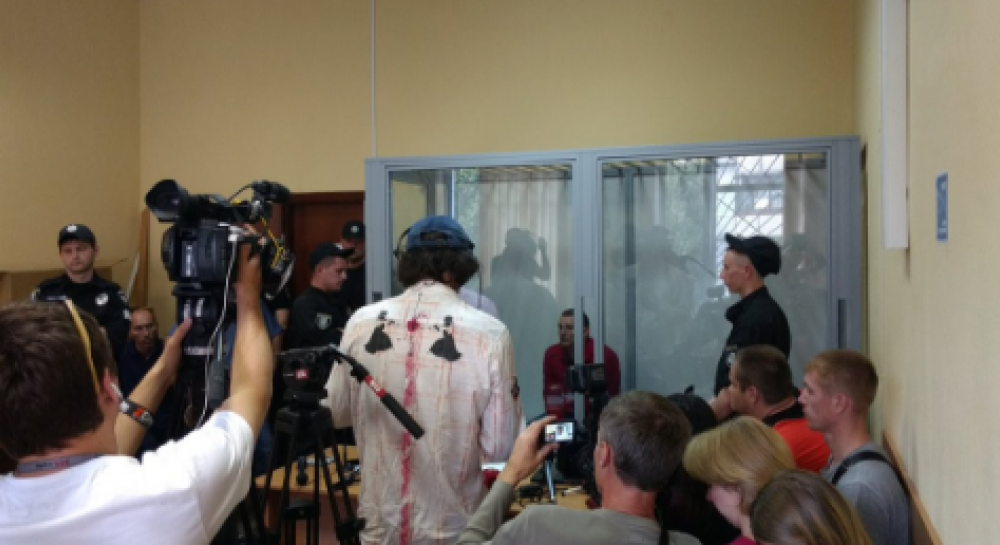

Often his rage at his own persecuted condition expresses itself in a vicious kind of misogyny, most of his venom directed at attractive young men who claim a heterosexual bias as they casually bed other men.


The narrator of these short pieces is by turns sarcastic, camp and caustic, with a highly disturbing penchant for anti-Semitic rhetoric. The repression and self-loathing of Soviet gay life Kharitonov depicts have much in common with pre-Stonewall homosexuality in the U.S. To American readers, these pieces may seem dated, as several of these pre-AIDS stories detail a young gay man's furtive trips to the VD clinic for syphilis treatment, once hoping to find a girl who will agree to go on the record as the source of his infection. In "Tears for One Strangled and Dead," the author recounts his ill-fated obsessions and cynical despair in fearless, fragmentary prose mixed with scraps of free-verse poetry. Burroughs in his disjointed exploration of a tortured gay love triangle. In this posthumous collection, the first-ever English translation of his autobiographical short stories, Kharitonov (1941-1981) invites comparisons with Kafka in his critique of the ponderous Soviet bureaucracy (as in "A Tenant Applied to the Housing Department") and with William S.


 0 kommentar(er)
0 kommentar(er)
